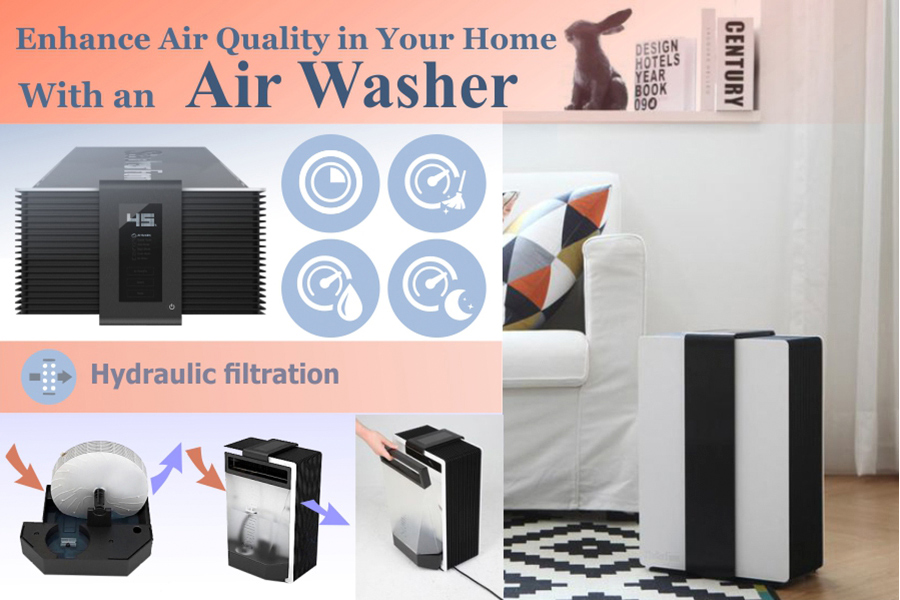Checking Out The Ecological Advantages Of Warmth Pumps - A Lasting Heating Remedy
Checking Out The Ecological Advantages Of Warmth Pumps - A Lasting Heating Remedy
Blog Article
Content Develop By-Crabtree Stampe
In an age where sustainability and energy performance are critical, many organizations seek environment-friendly home heating services. One such remedy is the heatpump.
A heatpump draws out the warmth in its surroundings and pumps it right into your home, leading to one of one of the most effective eco-friendly central furnace around. This procedure additionally creates no greenhouse gas exhausts, making it an extremely sustainable innovation.
cleaning a heat pump are really energy efficient and require little upkeep. They utilize less electricity than various other heater and are by far one of the most eco-friendly. They work well with roof solar and can frequently spend for themselves in utility financial savings alone.
They can also offer air conditioning, which is fantastic for garage workshops, attic room hangouts and incentive areas, and home enhancements without prolonging the existing ductwork. They can also be utilized for retrofits in existing homes with hydronic (water-based) circulation systems such as low temperature radiators or glowing floorings.
Search for designs with SEER and HSPF ratings that satisfy or go beyond Canada's minimum requirements, as well as the requirements in your area. Higher ratings mean better performance, which conserves you money over time and lowers your carbon footprint. You might even receive refunds and motivations! The very best systems are those with a ground warm exchanger for added efficiency. These units can take in thermal energy from the ground throughout the winter and extract it in the summer season.
Reduced Greenhouse Gas Emissions
Heatpump run on power and basically move warmth from the air, also when it's chilly outside. They are able to remove the complimentary warmth trapped in air particles and relocate them indoors, minimizing humidity while doing so.
Contrasted to gas furnaces, modern-day heatpump utilize less than one kilowatt of electricity per kilowatt of heating power they create. This makes them the most energy effective home heating option available with a COP (Coefficient of Efficiency) of 4 or even more. By slashing the requirement for fossil fuels, heatpump help reduce greenhouse gas emissions and cut various other significant air toxins.
Building decarbonization is a worldwide crucial, and the HVAC industry is a vital driver of that procedure. Whether it's investor making internet no commitments, policy manufacturers setting discharges limits, or lessees demanding greener spaces, electrical heatpump are being acknowledged as a necessary remedy. They are a cost-efficient means to decrease carbon emissions by getting rid of the demand for fossil fuels in structures.
Versatility
Heat pumps can be utilized in numerous kinds of homes and buildings-- with or without ducts. They collaborate with hot-water radiators, air-conditioning and programmable thermostats. They can replace heaters or be mounted in new residences. They can run on solar panels, geothermal systems and even area home heating sources like wastewater.
https://trevorpcoyj.qodsblog.com/29354054/making-the-most-of-convenience-and-cost-savings-tips-for-optimizing-your-heat-pump-efficiency at providing more warmth per energy unit. For instance, an air-source heat pump creates as much as three or even more home heating devices from each electrical power system it consumes.
Obtaining the most from your heatpump will depend upon your climate area and quality of insulation. Try to find versions with ENERGY celebrity rankings and compare their SEER or HSPF specifications. In warmer environments, concentrate on SEER; in colder areas, take into consideration a system with a higher HSPF score. Additionally, invest in air securing and insulation to minimize the load on your heat pump. That will improve energy performance and aid you reach your Net Zero goals faster.
Biomass Boilers
Biomass central heating boilers use timber pellets, chips or logs to create warm and hot water. They are a good option for off-grid properties or those that want to leave the gas grid.
As a standalone furnace, biomass can provide enough energy to maintain your home cozy all year round without the typical heat drop off of various other renewable innovations. They can also be utilized in conjunction with photovoltaic panels to maximise cost savings and take advantage of RHI repayments.
A downside of these systems is the ahead of time expense and routine fuel shipments. Often, pellets will require to be blown right into a gas store utilizing a vacuum system or they can be by hand fed into the central heating boiler through a receptacle. Logs are generally self-sourced from close-by forest or purchased in bulk. As well as this, they require hands-on loading and might need cleansing often.